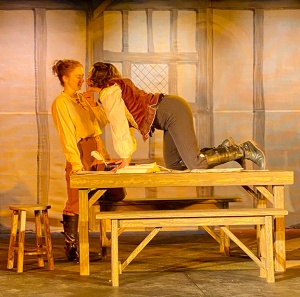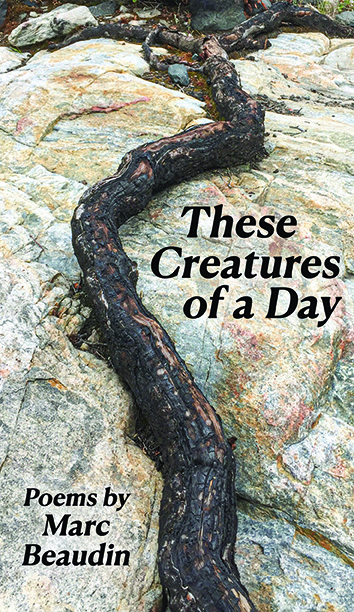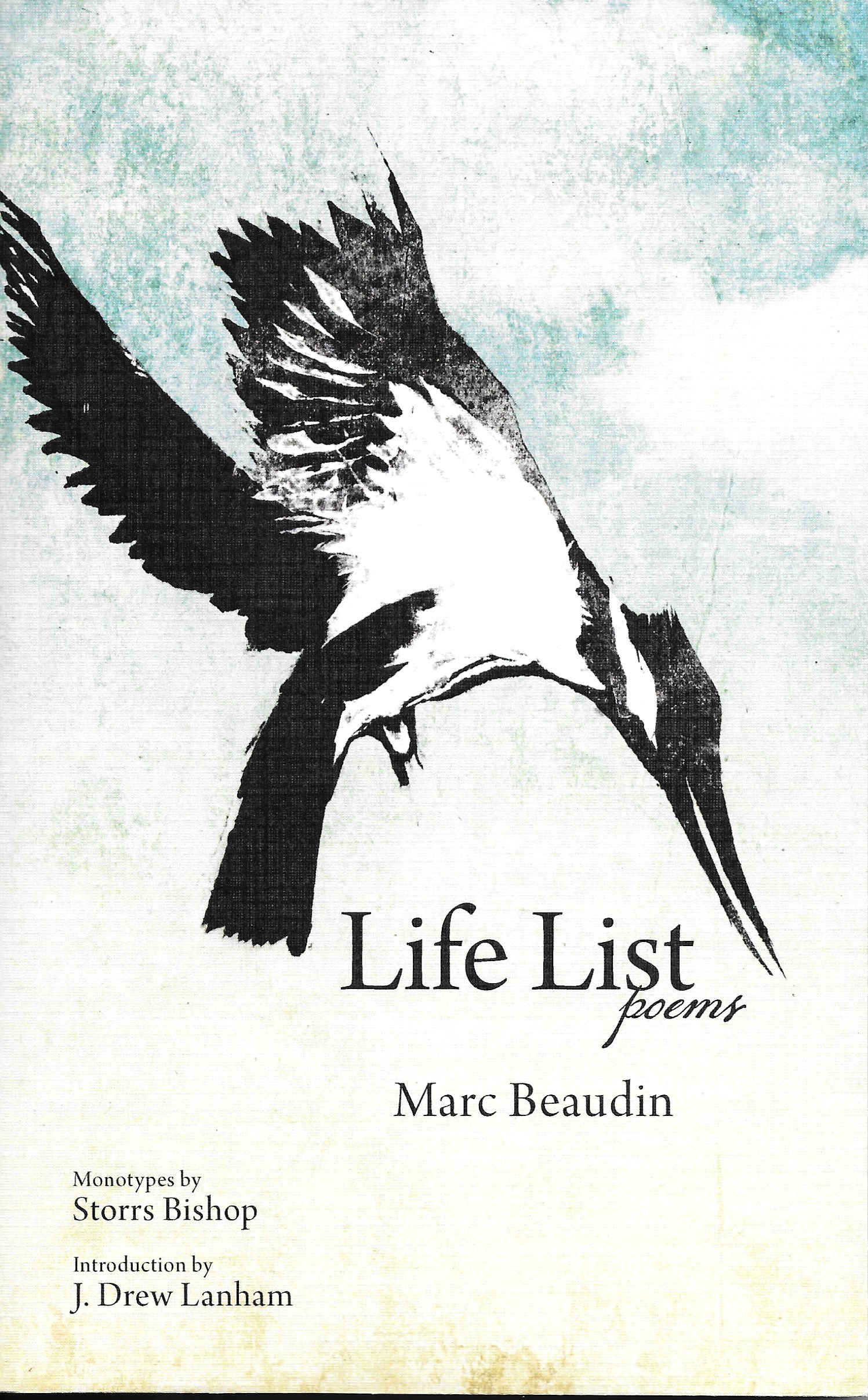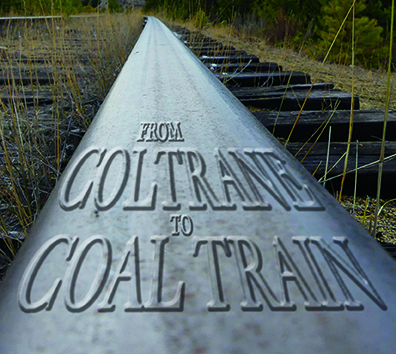SHAKESPEARE: “I just want to write.”
MARLOWE: “No one gets to just write. You’re saying things.”
The play you’re about to participate in (for a theatre audience must be active co-imaginer rather than passive witness) is rich in love and treachery, honor and betrayal, humor and terror – and ingrained within it all, is a celebration of the soaring poetry and sharp wit of two of the greatest writers in the English language.
At the ground of all of this passion and intrigue is a dichotomous question: Art vs. Politics. Does the political muddy the artistic? Can art remain apolitical? Which truly can change the world? Can either? George Orwell says, “In a time of deceit telling the truth is a revolutionary act.” Our play definitely takes place in a time of deceit, a tyrannical police state where a word can condemn, where lies and hypocrisy form the structure of both faith and state. Things are, of course, much different today.
But are they? Our world is packed to the rafters with political misinformation, social media vitriol, a steep rise in book banning and anti-women and LGBTQ+ legislation, far-off war and genocide that have our country torn into rival camps, a level of wealth disparity not seen since the so-called Gilded Age – including the largest racially based wealth gap since the 60s – and a looming election in which many believe the very foundations of our democracy are on trial. … Are things really that different?
I believe that art, including poetry and drama, should always be true to itself, must never have an ulterior motive – no matter how altruistic that motive may be. However, that is not to say that art is therefore apolitical. As Marlowe tells Shakespeare in our play, art that shies away from taking a stand will never rise to great art. Art presents truth – a revolutionary act, according to Orwell. Without truth, there is no art. Without art, there is no truth. Which is exactly what makes artists as vital to our world as they were in Shakespeare’s and Marlowe’s, and as dangerous to those who thrive on lies – then and now. As Miscellaneous Jones says, “Every tyrant is a killer of poets. That should tell us something about the potential power of what we do.”
It is my hope, as it is with every piece I direct, that this play will entertain as well as challenge, that it will inspire passion as well as empathy, that it will ask questions with no easy answers, but answers that are necessary to seek out all the same. And I hope it will urge us all to take a stand against tyranny in any of its forms. After all, “The play’s the thing. Wherein [we’ll] catch the conscience of the king” – or any other wielder of power, large or small, who works against justice, who uses their platform to spread hate and lies, who seeks to silence the truthtellers of art.
~Marc Beaudin






